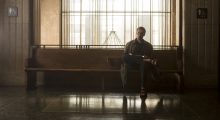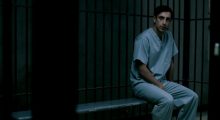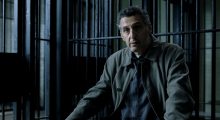The Night Of
-
Against the Reality Industrial Complex

In August 2016 Bret Easton Ellis posted this on Twitter: It happened: HBO’s brilliant The Night Of effectively eradicates the notion of the two-hour American theatrical movie. By now this is a familiar refrain: that in the era of long-form television, the quaint notion of trying to tell a complex story in just a couple of hours is all but dead. It’s hard to write a “defense” of movies without coming across as reactionary, nostalgic, elitist, purposefully difficult or just cranky. (Under certain conditions, none of these are bad attributes.) So this isn’t so much a defense of movies as it […]
by Nicholas Rombes on Oct 20, 2016 -
Watch: Great TV is Cannibalizing the Indie Film Audience

“It’s harder and harder to get audiences to see independent films because I think there are other entities fighting for their entertainment hours,” said Michael Barker, co-president/co-founder, Sony Pictures Classics. “For my money, the best independent films being made today are things like The Night Of or Fargo on FX. It’s taking the audience to a certain extent.” In the above exclusive video from Sundance Institute’s Creative Producing Summit, Barker chats with Len Amato, President, HBO Films, about how The Wire lured indie film audiences to TV, what films work better on TV, and more.
by Paula Bernstein on Oct 18, 2016 -
Darker Shades of Grey: The Night Of DP Igor Martinovic

The term “TV coverage” used to be a pejorative, a reference to the mechanical nature of the medium’s visual language. It was shorthand for artlessly cranking out master, two shot, and close-up in order to churn through the high page counts necessary to produce a new episode of television each week. To behold the degree to which the medium’s aesthetics have evolved, look no further than HBO’s The Night Of. Every set-up has purpose. Every composition is storytelling. The details of each frame – where the people are placed, the amount of negative space, the portion in shadow, the plane […]
by Matt Mulcahey on Sep 8, 2016
